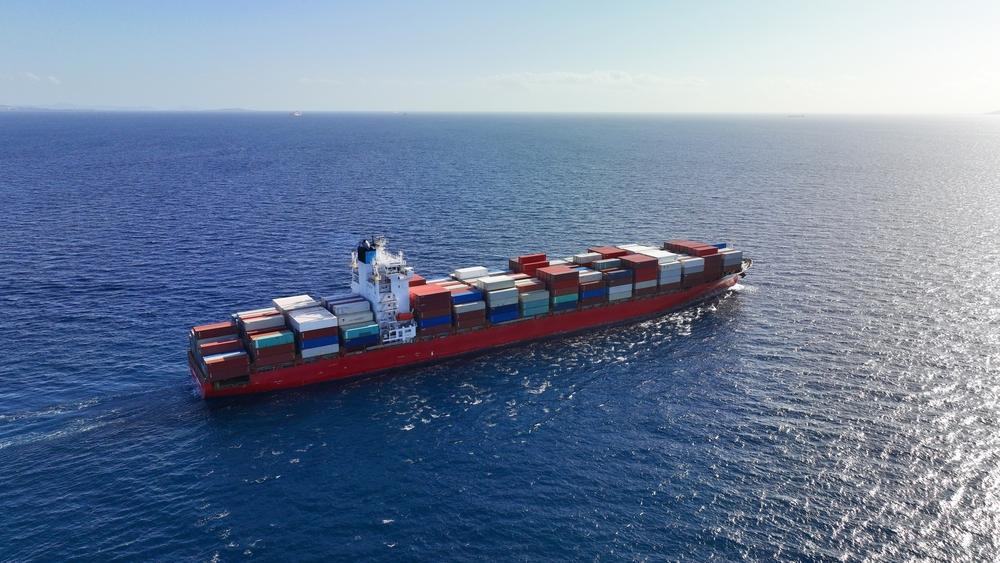Five Supply Chain Predictions for 2024
It’s hard to believe, but another new year is upon us.
The calendar is constantly changing, and so is the supply chain. Here are five key predictions for factors that will help shape the evolution of the supply chain during 2024:
Disruption
Supply chain disruptions have become a persistent reality for businesses, driven by factors like transportation congestion, container shortages, shifting geopolitical tensions and the aftermath of global pandemics.
Rather than addressing these issues reactively, organizations are shifting their approach to proactive preparation and risk management. The trend of deglobalization is amplifying the challenges, as logistics and supply chain disruptions extend beyond borders and corporate control.
In response, regional supply chains are embracing a concept known as "friend-shoring," fostering collaboration between countries that share cultural values and beliefs. Adaptive shoring, the ability to swiftly adapt operations, routes and networks in response to market changes, natural disasters, or geopolitical shifts, is becoming a critical strategy.
By utilizing flexible supplier contracts, local and regional manufacturing, and agile micro-supply chains, businesses are equipping themselves to navigate the ever-evolving landscape of supply chain disruptions with resilience, agility and enhanced visibility.
Artificial intelligence (AI)
In 2024, AI will continue to reshape supply chains, with machine learning and predictive analytics taking center stage. Expect further cost reductions, enhanced efficiencies, and the ability to detect and address issues before they disrupt operations. AI's influence will span intelligent sourcing, inventory management and optimizing logistical routes.
Cybersecurity
In the realm of cybersecurity for supply chains in 2024, the stakes are higher than ever. Organizations will intensify investments in IT infrastructure to safeguard operational performance and data integrity.
The global nature of modern supply chains makes them vulnerable to cyber threats, which transcend geographical boundaries. As AI and deepfake technologies advance, a holistic approach to cybersecurity will become integral in ensuring digital and intelligent supply chains remain resilient and secure.
Sustainability
The impact of various stakeholders, including consumers, investors and regulators, is evident with 67% of chief supply chain officers now overseeing environmental and social sustainability KPIs, with many setting ambitious targets for carbon neutrality within five to 10 years.
To achieve green and circular supply chains, companies are building ecosystems that extend beyond their internal operations and Tier 1 suppliers, driving change across the entire value chain. Sustainability is now an essential strategy, backed by these compelling statistics.
Tracking and tracing of items
In retail supply chains, traceability, tracking, and visibility will reach new heights in 2024. Location intelligence, powered by AI and machine learning, will offer real-time insights and predict future conditions, helping businesses avoid delays and bottlenecks.
The adoption of route planning for electric vehicles will revolutionize last-mile operations, reducing fuel consumption and improving estimated arrival times. The benefits extend to advanced visibility solutions, enhancing warehouse labor efficiency, cutting late arrival penalties and reducing transportation costs.
With the ability to track every movement and access real-time data, supply chain stakeholders will achieve unprecedented levels of control and resilience.
Abe Eshkenazi is the CEO of the Association for Supply Chain Management (ASCM).






